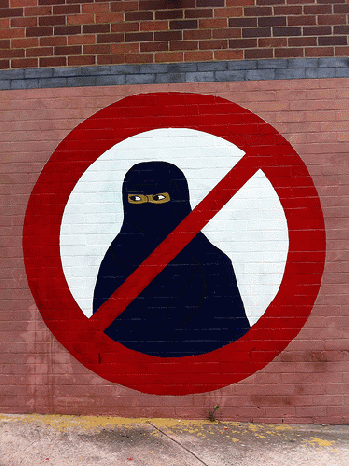The United States has banned laptops, e-readers, cameras, tablets, printers, electronic games, and portable DVD players on flights from eight Muslim countries. Passengers on flights originating in eight Muslim countries are now prohibited from carrying any electronic device bigger than a mobile phone, the Department of Homeland Security said.
The move comes days after President Donald Trump's second bid to curb travel from a group of Muslim-majority nations was blocked by the courts.
The New York Times quoted officials as saying that the new directive was not based on information pointing to a credible, specific threat of an imminent attack. Instead, it reflected a new consensus among American intelligence agencies that terrorist groups such as the Islamic State and the Al Qaeda franchise in Yemen are increasingly trying to find ways to smuggle explosive devices hidden in electronic devices, like laptops.
The DHS said the ban was necessary as "terrorist groups continue to target commercial aviation and are aggressively pursuing innovative methods to undertake their attacks, to include smuggling explosive devices in various consumer items.
"Based on this information, Secretary of Homeland Security John Kelly and Transportation Security Administration Acting Administrator Huban Gowadia have determined it is necessary to enhance security procedures for passengers at certain last point of departure airports to the United States," the statement said.
The ban will apply to nonstop flights to the US from 10 international airports serving the cities of Cairo in Egypt; Amman in Jordan; Kuwait City in Kuwait; Casablanca in Morocco; Doha in Qatar; Riyadh and Jeddah in Saudi Arabia; Istanbul in Turkey; and Abu Dhabi and Dubai in the United Arab Emirates, until the threat changes.
The procedures will affect nine airlines: Royal Jordanian Airlines, Egypt Air, Turkish Airlines, Saudi Airlines, Kuwait Airways, Royal Air Maroc, Qatar Airways, Emirates, and Etihad Airways.
In all, an estimated 50 flights each day into the United States would be affected, according to the New York Times. One of the world's busiest airports, in Abu Dhabi, already requires American-bound passengers to undergo strict screening by United States customs officials before boarding flights. Abu Dhabi is one of 15 airports in the world to employ the Homeland Security preclearance techniques.
The new procedures, which came into effect on March 21, will remain in place until the threat changes, according to the DHS officials.
Electronic devices will continue to be allowed on all flights originating in the US, whether domestic or international, according to the statement. Approved medical devices may be brought into the cabin after additional screening.
Britain followed the United States in banning carry-on electronic goods from passenger cabins on inbound flights from Middle Eastern and North African nations. Prime Minster Theresa May's office announced on Tuesday (March 21) that laptops and other larger electronic devices would be banned on direct inbound flights from Turkey, Lebanon, Jordan, Egypt, Tunisia, and Saudi Arabia.
Security Experts doubt
Erroll Southers, director of the Homegrown Violent Extremism Studies Program at the University of Southern California, told the New York Times that the new guidance would do little to enhance security. "This does little to minimize the threat of a remote-controlled I.E.D.," he said, referring to improvised explosive devices hidden in checked baggage.
Brian Jenkins, an aviation-security expert at the Rand Corp, was quoted by Al Jazeera as saying that there was concern about inadequate passenger screening or even conspiracies involving insiders - airport or airline employees in some countries.
Trevor Jensen, an aviation consultant and former airline captain, told Al Jazeera that keeping a large number of computers with lithium batteries in the hold also presented safety issues. "I hope that we are not just knee-jerking here and that this is a credible threat - that the safety issues have also been very carefully thought through."
(Note: You can view every article as one long page if you sign up as an Advocate Member, or higher).






